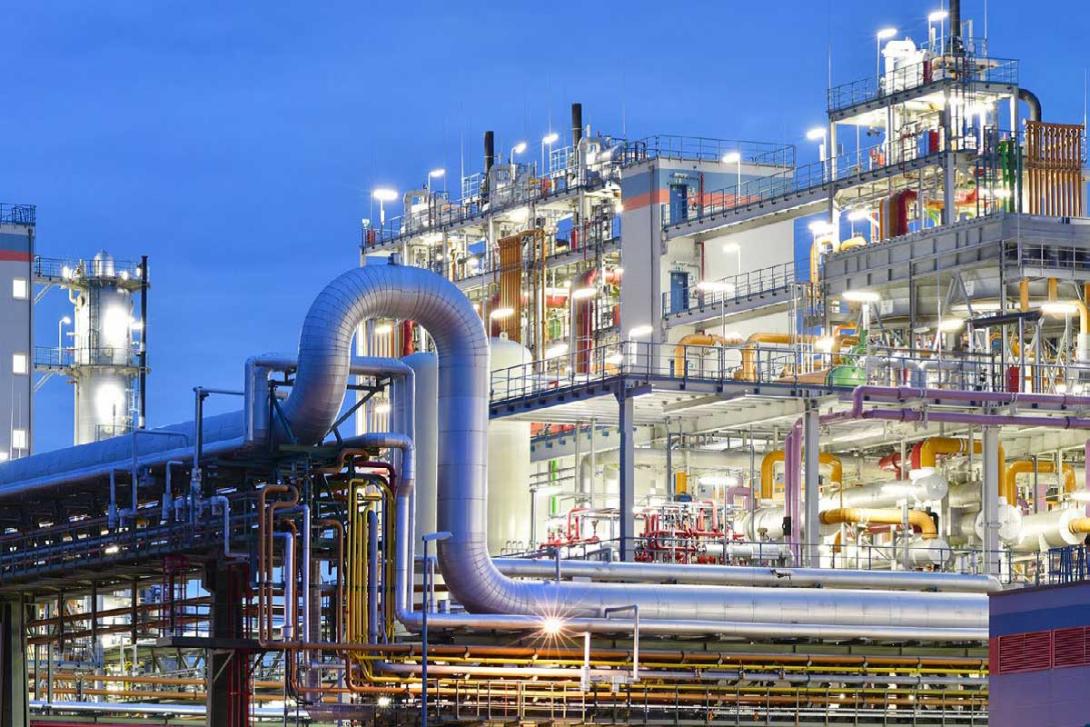Ait Melloul Industrial Zone – Case Study (Morocco)

© GIZ
This case study was developed under the GIZ global programme “Private Sector Adaptation to Climate Change (PSACC)” which aims at building the capacities of SMEs and private sector intermediaries in the field of Climate Change Adaptation. It presents the results of the vulnerability assessment conducted with the industrial zone of Ait Melloul. The Ait Melloul industrial zone (Ait Melloul IZ) was created in 1988 in the commune of Ait Melloul a nearby locality of Agadir in the Souss- Massa region, one of the most climate vulnerable regions of Morocco with a semi-arid climate. As the adaptation strategy is still under discussion, this case will be revised in the course of the project.
Main features and components
Ait Melloul IZ was one of the first semi-equipped and semi-structured zones of the region and basic services like lighting, electricity and water supply are provided by public utilities. The zone was developed by an independent planning agency, and it is managed by the Commune in close cooperation with the association of the enterprises (ADIZIA). Today the zone faces a number of challenges which are increasing its vulnerability to climate change, as for example old equipment and infrastructures, no sectoral zoning, weak infrastructure maintenance, lack of waste management structures, weak management structures and resources.
Implementation and work steps
A vulnerability assessment aimed at building the capacities of SMEs and private sector intermediaries in the field of Climate Change Adaptation was conducted in the industrial zone of Ait Melloul in order to identify climate risks and adaptation measures for priority risks.
Identified climate risks are risks related to site and layout, infrastructures and services, enterprises, employees and communities, and market, finance and regulations such as:
- Flooding of site leading to damages of infrastructures, buildings, and blockages of industrial activity
- Risk of water and product contamination because of weak waste management
- Absenteeism of employees not able to access the zone
- Stricter regulations in the field of water, waste, and energy management
Examples of adaptation measures are:
- Awareness campaign among companies on flood risks, the use of resilient buildings, manual on good practices and available technologies
- Strengthening public-private dialogues on sustainable water management
- Establishment of a monitoring and information system on environmental and climate-related regulations and public supports
Output
Adaptation measures for priority climate risks were identified.
Useful links
Downloads
Characteristics
Phase of intervention
Operating SIA, Climate change
Level of intervention
Company, Park management
Regions
MENA
Countries
Morocco
Target groups
Company, SME, Industrial area management and operator